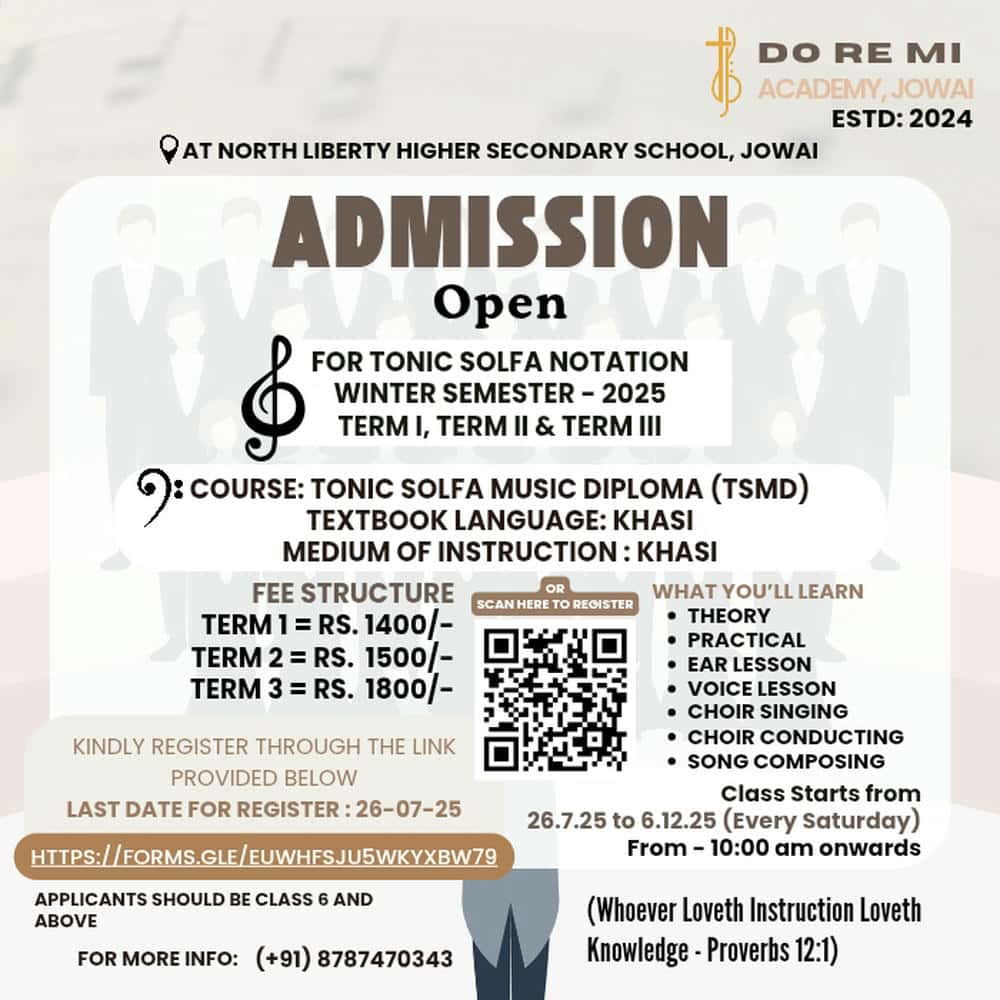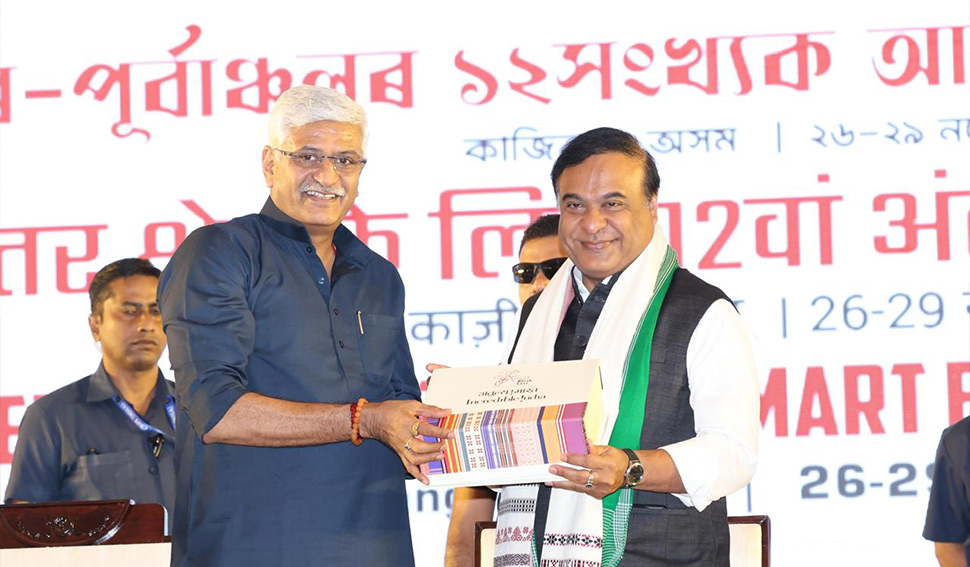Include Majuli in World Heritage Site list, Assam CM tells Union Minister

Assam Chief Minister Himanta Biswa Sarma has called upon Union Minister of Culture and Tourism, Gajendra Singh Shekhawat, to advocate for the inclusion of Majuli, the world’s largest river island, in the UNESCO World Heritage Sites list.
Sarma highlighted Majuli’s profound cultural and ecological importance during the inauguration of the 12th International Tourism Mart (ITM) in Kaziranga, an event attended by Union Minister Shekhawat and Chief Ministers of northeastern states.
Majuli, situated in the Brahmaputra River, has been on UNESCO’s tentative list since 2004. Sarma emphasized the island’s unique cultural heritage, which is deeply rooted in Assam’s Vaishnavite traditions, and its rich biodiversity.
The Chief Minister also celebrated the recent UNESCO World Heritage Site designation of Charaideo Maidam, attributing the accomplishment to the dedicated efforts of Prime Minister Narendra Modi and Union Minister Shekhawat. He expressed hope that similar collective endeavors could help Majuli achieve global recognition.
The ITM aims to boost tourism in Northeast India, showcasing the region’s natural beauty, cultural diversity, and historical significance.
He emphasized Charaideo’s historical significance, particularly during the six centuries of Ahom rule, which contributed to Assam’s remarkable advancements in myriad fields during that time. The Chief Minister hailed this as a monumental success for the people of Assam, one that attests to the enduring legacy of the region.
Sarma expressed that this edition of the Mart would serve as a vibrant platform for the display of the Northeast’s multifaceted heritage – its culture, folk traditions, and the rich panorama of its historical narratives. It is through such engagements, he added, that both national and international delegates would be afforded the invaluable opportunity to engage intimately with Assam’s illustrious cultural and historical lineage.
The Chief Minister alluded to the visit of Prime Minister Narendra Modi, who, having spent a night at Kaziranga, bore witness to the park’s remarkable biodiversity, particularly its famed one-horned rhinoceros population. He mentioned other dignitaries, such as President Droupadi Murmu, former President Ram Nath Kovind, and the King of Bhutan, who too were captivated by the natural beauty of Kaziranga.
Sarma called upon all stakeholders and entrepreneurs involved in the tourism industry to collaborate in the development of the sector, underscoring the importance of unified efforts. In a reflection on the broader implications of sustainable tourism, the Chief Minister reiterated tourism’s role as a transformative agent of cultural exchange, environmental conservation, and economic growth. He emphasised that, as a global engine for economic development, tourism is of particular importance to developing economies, where it contributes significantly to GDP and serves as a vital source of employment, especially in areas where industrialization is limited.
Sarma underscored the pivotal role of tourism in the preservation of both cultural and natural heritage, drawing attention to Assam’s many treasures – from the verdant tea gardens and the awe-inspiring Brahmaputra River, to the state’s rich array of festivals and historical landmarks that attract adventure seekers, nature enthusiasts, and culture lovers alike. He spoke of the spiritual and cultural importance of sites such as Kamakhya, Umananda, and Hajo, the latter of which embodies the harmonious confluence of Hindu, Buddhist, and Muslim traditions. Other notable attractions, including Sualkuchi, celebrated for its exquisite silk weaving and Sivasagar, the historic capital of the Ahom kings, along with festivals such as the Ambubachi Mela, Majuli’s Raas Mahotsav, and the Doul Utsav of Barpeta, were also highlighted as key elements contributing to the region’s vibrant cultural landscape.
In a testament to the region’s growing appeal, the Chief Minister noted that Assam had witnessed the arrival of ten lakh tourists the previous year, attributing this surge to the Prime Minister’s visit and the heightened attention towards Kaziranga. He also lauded the State government’s successful efforts to combat rhino poaching in Kaziranga, describing it as a monumental achievement in the conservation of the park’s biodiversity.
He also proposed the establishment of tourism museums in New Delhi and Guwahati, which would play a crucial role in promoting Northeast India as a distinct tourism circuit. He stressed that the establishment of such museums would, in turn, significantly boost the influx of both domestic and international visitors.
The Chief Minister also expressed his gratitude to the Union Minister for his steadfast support in bolstering Assam’s tourism infrastructure, including the ongoing beautification of Assam State Zoo in Guwahati and the Rang Ghar in Sivasagar as iconic sites.
The event was attended by Tourism Ministers from the eight Northeast states, Assam’s Cabinet Ministers, Members of Parliament, entrepreneurs, and numerous other dignitaries.


Leave a Reply